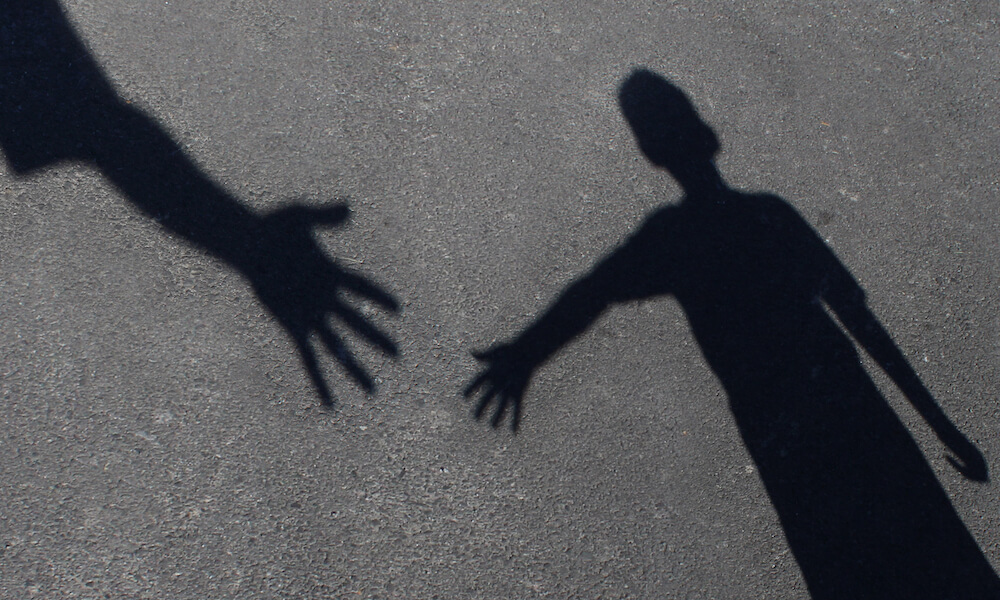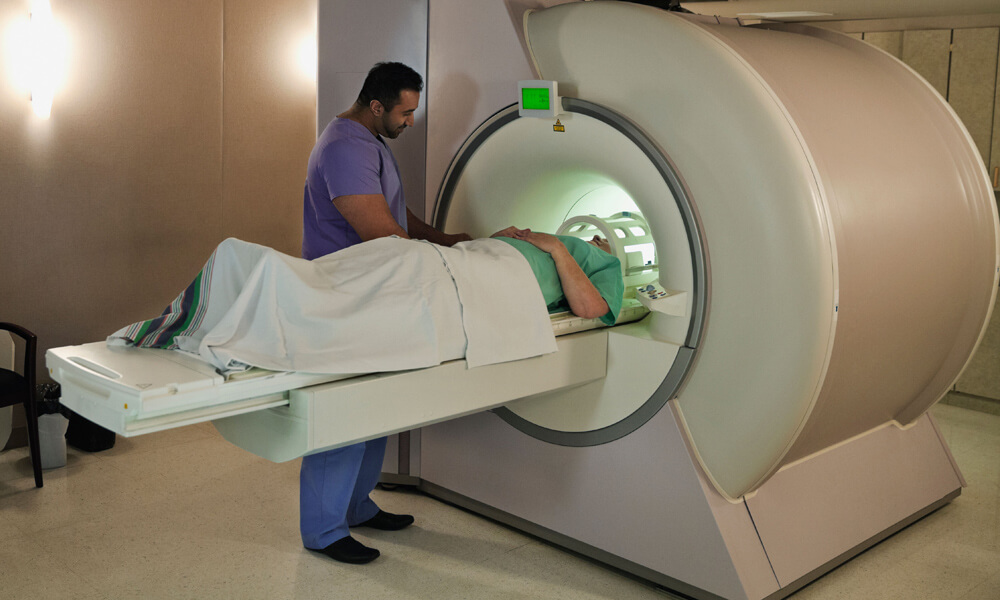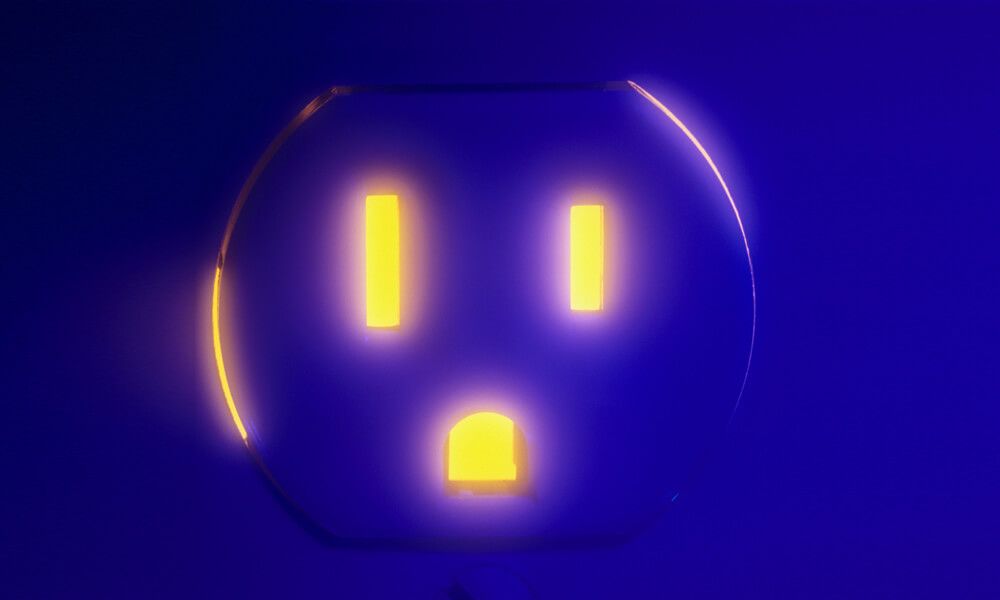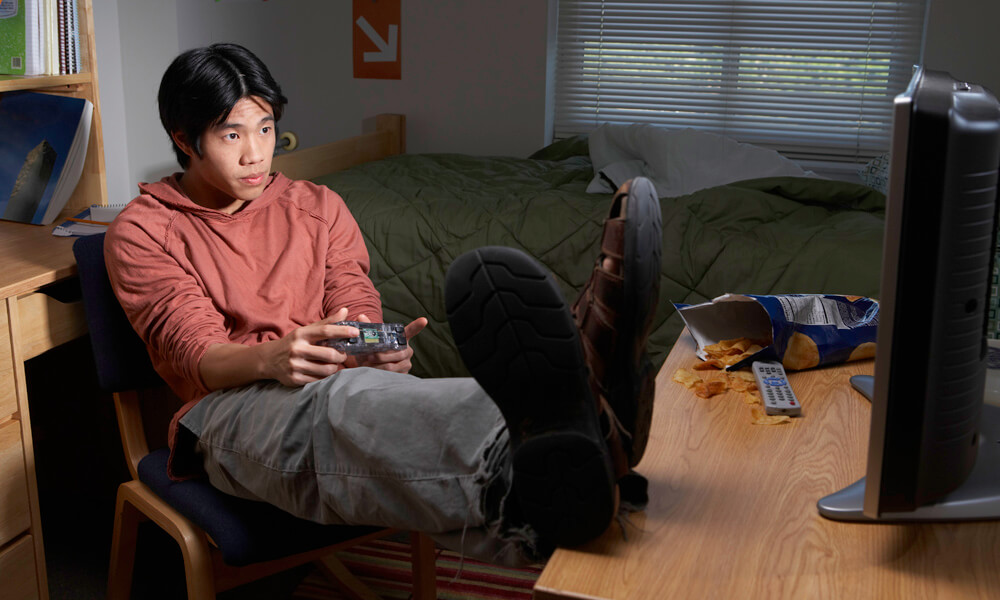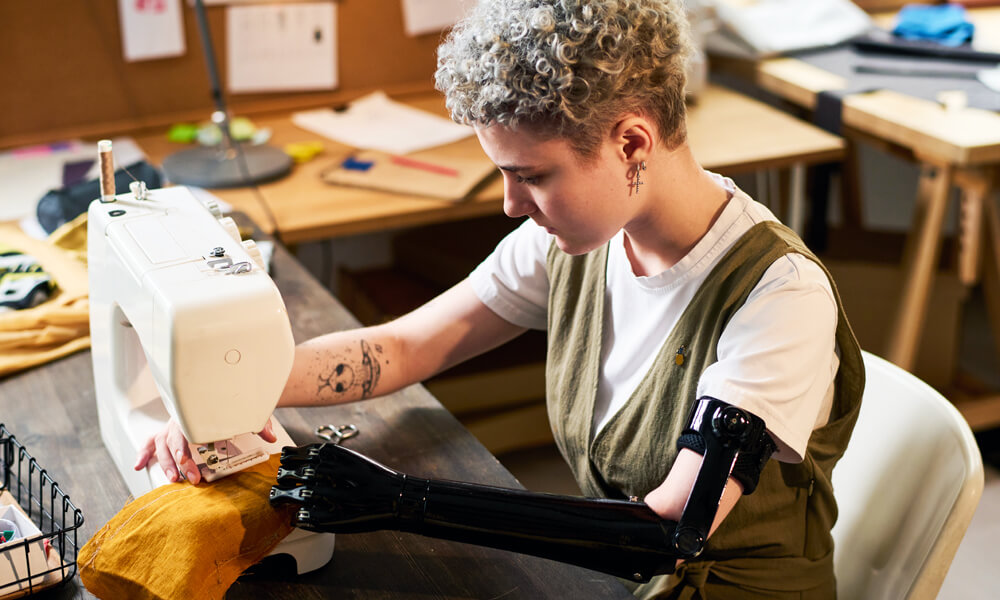The 10 Most Intriguing Science Breakthroughs of 2023
Source: Bloomberg
It’s too early to know what the greatest scientific discoveries and achievements of 2024 will be, but now that we’ve had some time to reflect on last year, here is one site’s opinion on what the Top 10 most intriguing advancements of 2023 were. Which ones do you agree with? Are there any you think should have made the list?




